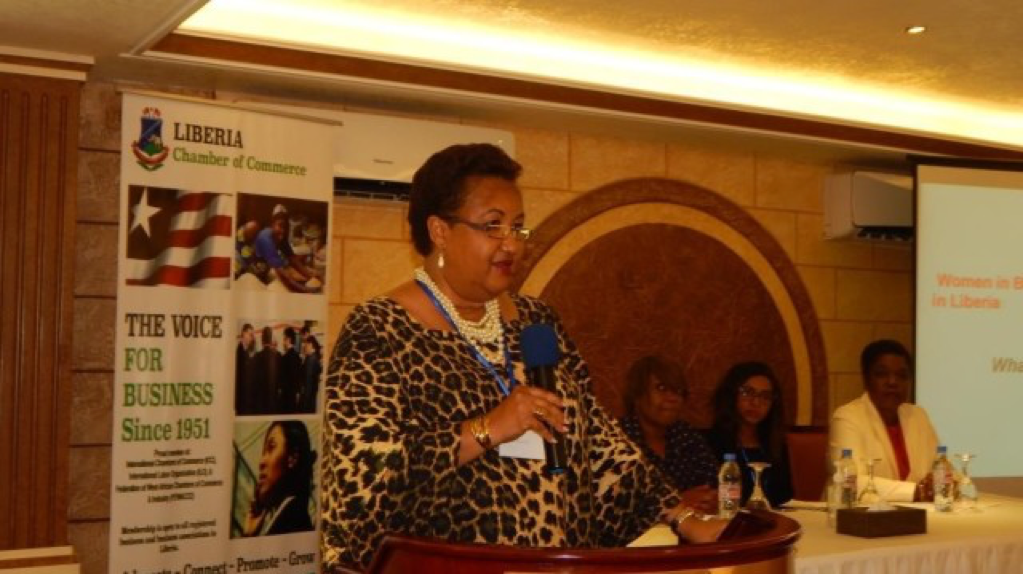MONROVIA, Montserrado – President George Weah has announced that after two meetings with Liberia’s major rice importers, the importers agreed to reduce the price of rice. However, a leading local producer of rice says the government needs to divert some of its attention to supporting local producers.
On Friday, the Executive Mansion announced that rice importers in the country had agreed to reduce the price of a 25kg bag of rice by US$2.00 and US$4.00 for a 50kg bag. In his initial meeting with the importers, Weah had vowed to ensure that the price of the country’s staple food was reduced.
“If government-imposed tax is an issue, you can rest assured that my government is more than ready to grant reasonable adjustments in the tax regime to make the reduction of rice price possible,†he said.
The president had earlier proposed a reduction of US$3.00 in the price of rice, but the rice dealers agreed to start at US$2.00 due to current constraints that affect the sector, according to the press release. Weah acknowledged the decision of the importers and promised to help improve business conditions for them.
However, Jeanine Cooper, the senior managing partner of FARBAR Liberia, told The Bush Chicken in an interview that although the government has continued to facilitate efforts aimed at reducing the cost of imported rice on the market, empowering local producers and prioritizing locally produced rice would be more sustainable.
Weah’s move was part of a trend started by his predecessor. Last year, former President Ellen Johnson Sirleaf issued Executive Order No. 87, extending Executive Order No. 80 to suspend tariffs on imported rice. This order went into immediate effect on August 22.
At the time, the government said the decision to suspend the tariffs was in response to its commitment to ensuring that the prices of rice and other basic commodities on the market are affordable and do not impose an unnecessary burden on citizens. The government said the move followed an assessment and evaluation conducted on the causes of the high costs of strategic essential commodities in the country.
However, Cooper believes that aligning with importers and producers prevents a long-term solution to the high cost of rice, which is the country’s staple food.
She said it is a contradiction to the government’s goal when it waives taxes on rice importation, but charges local producers a four-percent income tax, even with the high costs of production.
In addition to the corporate income tax, Cooper said local producers must pay withholding and real estate taxes, which make it difficult to compete with importers.
She said even though the government has a stated policy to prioritize locally produced goods and services, government agencies still prioritize imported rice. She said the Armed Forces of Liberia, government medical and prison facilities, all use imported rice instead of going for local content.
“They tell me very frankly that my rice is expensive,†she said.
A 25 kg bag of FABRAR rice is sold on the market for US$19, at least US$4.00 higher than the 25 kg bag of the popular Bella Indian parboiled rice.
“If the local production is more expensive, that’s where the government could support local producers by paying the most expensive for the local production and let the rest of the consumers go on the market for the cheaper importer rice,†she said.
However, Cooper said its costs around US$18.50 to produce a 25 kg bag of FABRAR rice, excluding taxes. She said the US$0.50 she generates on a 25 kg bag after deducting production cost also goes toward government taxes.
As a result, the FABRAR senior managing partner said the business is not generating profit. “The only reason why I keep going is because I have a couple of grants from donors,†Cooper said.
She said her company’s only prospect for generating profit is exporting the red colored rice it produces.
Featured photo by Gbatemah Senah



